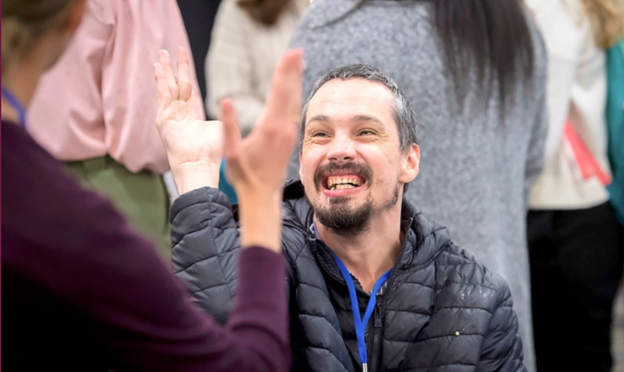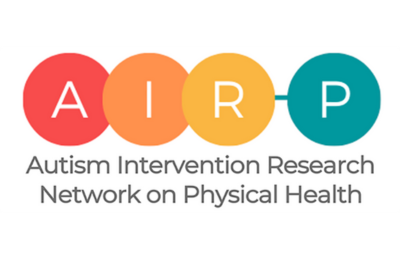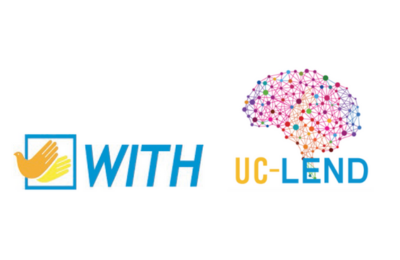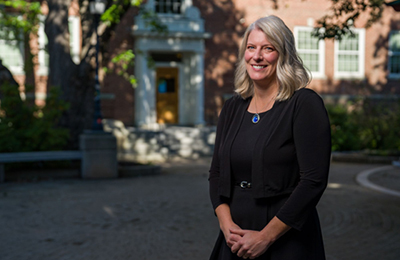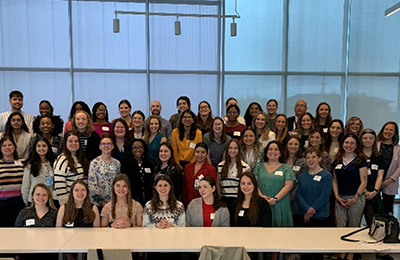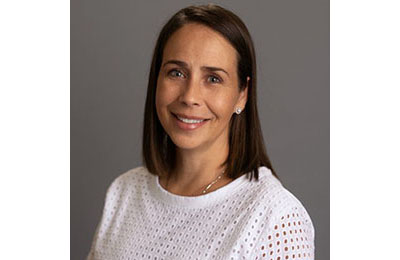About Maternal and Child Health Engagement
AUCD’s Maternal and Child Health Engagement (MCH Engagement) Team works to strengthen the maternal and child health workforce and improve the health and well-being of infants, children, and adolescents with autism spectrum and other developmental disabilities by providing technical assistance and support to Autism CARES Programs. This includes interdisciplinary training programs, such as the 60 Leadership Education in Neurodevelopmental and Related Disabilities (LEND) and 13 Developmental-Behavioral Pediatrics (DBP) Programs.
The MCH Engagement Team partners with AUCD's Councils and Special Interest Groups (SIGs), its federal funders, and organizations in the disability and MCH space to support the growing LEND and DBP Networks and in turn, strengthen the system of care for individuals with disabilities.




